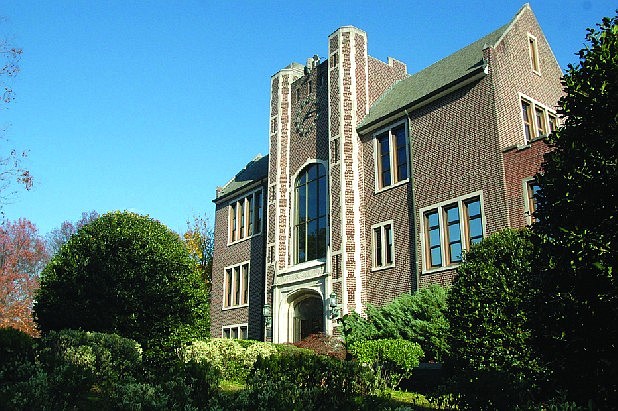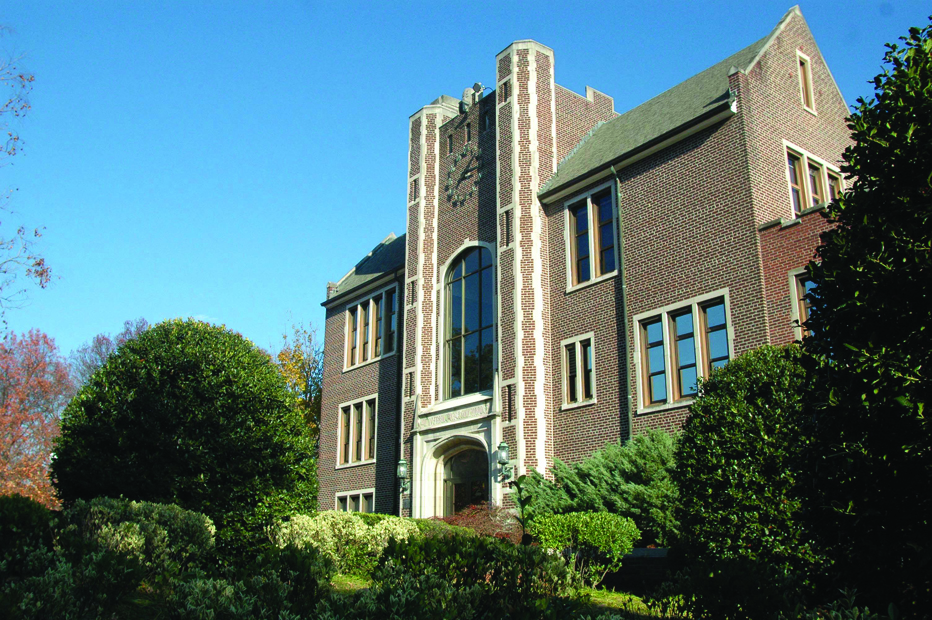UTC closing gap to other UT schools
Saturday, October 19, 2013
2013 UT-system retention rates:Knoxville (main campus): 85.6 %Martin: 69.9 %Chattanooga: 69.1 %System average: 78.1 %UT-Chattanooga in-state tuition/fees: $7,554Similar "peer group" institution average: $8,083UTC's enrollment, by year (graduate and post-grad):2009: 10,5262010: 10,7812011: 11,4382012: 11,6602013: 11,674Source: President's Report, by UT President Joe DiPietro
Although UT system administrators say 2014 is going to be a brutally challenging fiscal year, the University of Tennessee at Chattanooga earned some welcome praise Friday.
As system leaders discussed the state's economic future at Knoxville's biannual board of trustees meeting, UT President Joe DiPietro gave a tip of the hat to the Chattanooga campus for its successes in affordability within its peer group and retention rate improvement.
"Chattanooga has demonstrated that if you meet with your adviser four times, you're 40 percent more likely to be retained that first year," DiPietro said.
UTC's retention rate annually has finished as the lowest among UT's campuses, keeping only 66.9 percent of freshmen in 2009.
The school since has increased that number by 2.6 percent -- even more than the Knoxville campus's 2.2 figure.
DiPietro -- who called himself a "numbers guy" at the board meeting -- also pointed out that UTC's annual in-state undergraduate tuition and fees are more than $500 less than "peer group" institutions of the Midwest and South, such as Winthrop University and Murray State.
The official list of 17 rivals featured an average $8,083 price tag compared to Chattanooga's $7,554.
Chattanooga's thrifty strides, however, soon will be put to a test: 2014 is shaping up to be "very tight year," according to William F. Fox, director of UT's Center for Business & Economic Research.
Fox estimates the state will need $749 million next year "to do the same things it is doing this year."
Right now, it's about $400 million short.
"It is hard to imagine a situation in which the picture gets better," Fox said. "The solution is in a better-educated, better-skilled workforce."
Randy Boyd, who serves Gov. Bill Haslam as a special higher education adviser, has been working with Fox to figure out how UT schools can meet the governor's "Drive to 55" goals, under which 55 percent of Tennessee adults would have some sort of postsecondary education by 2025.
Only 32 percent of Tennessee adults have postsecondary degrees, and UTC graduates about 38 percent of its students within six years.
But if the Chattanooga campus is trying to stay afloat, it's kicking hard: enrollment has grown nearly 14 percent in five years. The closest UT system result during that time -- the only other school with a positive result -- is Knoxville's 0.1 percent of student growth.
UT needs to make sure everyone can keep up, though.
"We can, in fact, meet the requirements for Drive to 55," Fox said. "But we will have to grow at an extraordinary rate. It's going to be a huge challenge."
Contact staff writer Jeff LaFave at jlafave@timesfreepress.com or 423-757-6592.

